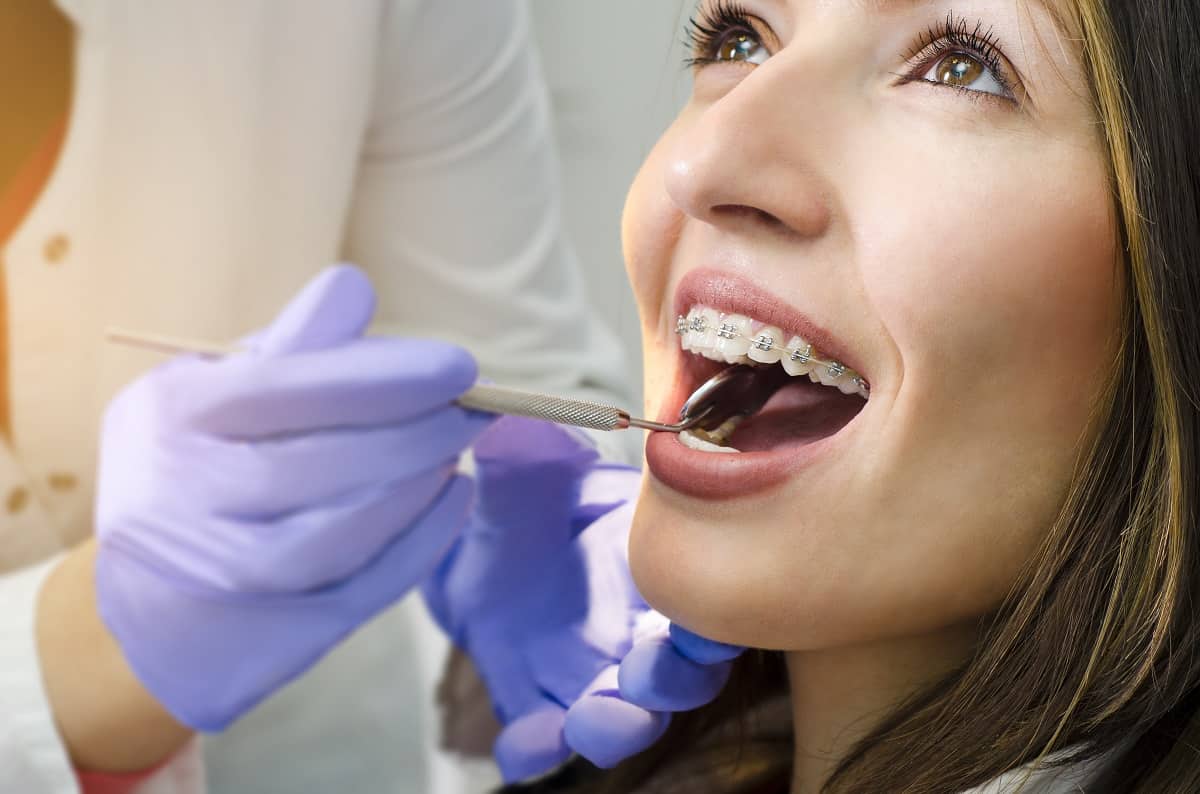A smile can brighten up a person’s day, more so if you have a bright set of teeth. A nice set of teeth not only is to enhance a person’s appearance. It also helps us eat and enjoy our food better. That is why it is important to keep our teeth healthy all the time.
Visiting a clinic with a digital dental lab can make a difference in your usual dental checkups. For one, it enables you to see your teeth’s current state in almost a realistic way, unlike the usual X-ray copies.
Dental braces may also be recommended if you have crooked teeth that need to be aligned so it won’t get in the way of enjoying your life.
Common misconceptions about braces
There are many misconceptions surrounding dental braces. It is also common that people, especially kids and teens, are taunted at school because of having braces. As a result, having dental braces brings about a negative stigma among people.
Here are some common misconceptions of getting dental braces and why it should be debunked once and for all.
1. Braces are only for kids.
The American Association of Orthodontists revealed that between 1989 and 2012, there had been an increase of 40 percent of US adults getting braces. That said, braces also cater to adults and not just for kids.
2. Getting braces is painful.
It may be true that getting braces can be painful especially during fitting or adjustment. However, a lot of people with braces said wearing dental braces does not affect their daily life in general. Dental braces have already improved over the years. This is to help lessen pain and discomfort through the application of dental technologies on braces. You should also be mindful of other dental issues you might already have. For example, if you already have a dental history of tooth sensitivity, you can consider getting your sensitive teeth fixed by the orthodontist in vineland before getting braces.
3. Dentists and orthodontists are the same.
Orthodontists are also dentists, but not all dentists are orthodontists. Dentists specialize in general oral health. On the other hand, orthodontists specialize in dental corrections including the application of braces.
4. Braces can cause metal detectors to go off.
You don’t have to worry; most braces are made from light metals that won’t cause metal detectors to go off. You don’t have to worry about getting struck by lightning because of your braces, either.
5. Wearing braces can cause a lisp.
This may be true at some point. However, this is because you are not used to having braces in your mouth. That is why it would take some time to get used to it and to feel more comfortable wearing one.
Taking care of your braces

While getting braces will take care of your crooked teeth, your braces should also be taken care of as well. For one, wearing braces for years doesn’t guarantee your teeth will remain straight forever. One way to protect your newly straightened teeth is by wearing retainers.
Flossing is also important whether you have braces or not. Before that, remove the elastics and other removable parts of the braces before flossing. Also, make sure to brush each brace wires and then proceed on brushing your teeth.
Having braces might limit your food consumption, but that doesn’t mean you cannot enjoy eating anymore.
- Hard fruits and vegetables such as apples and carrots. Make sure to cut hard fruits and vegetables like apples and carrots into smaller pieces before eating them.
- Remove the meat from the bone first and cut into smaller portions before eating.
- As much as possible, avoid eating hard and sticky candy when you have braces.
Getting a dental brace should not be something to be feared of. In fact, it can help improve your oral health in the long run.




